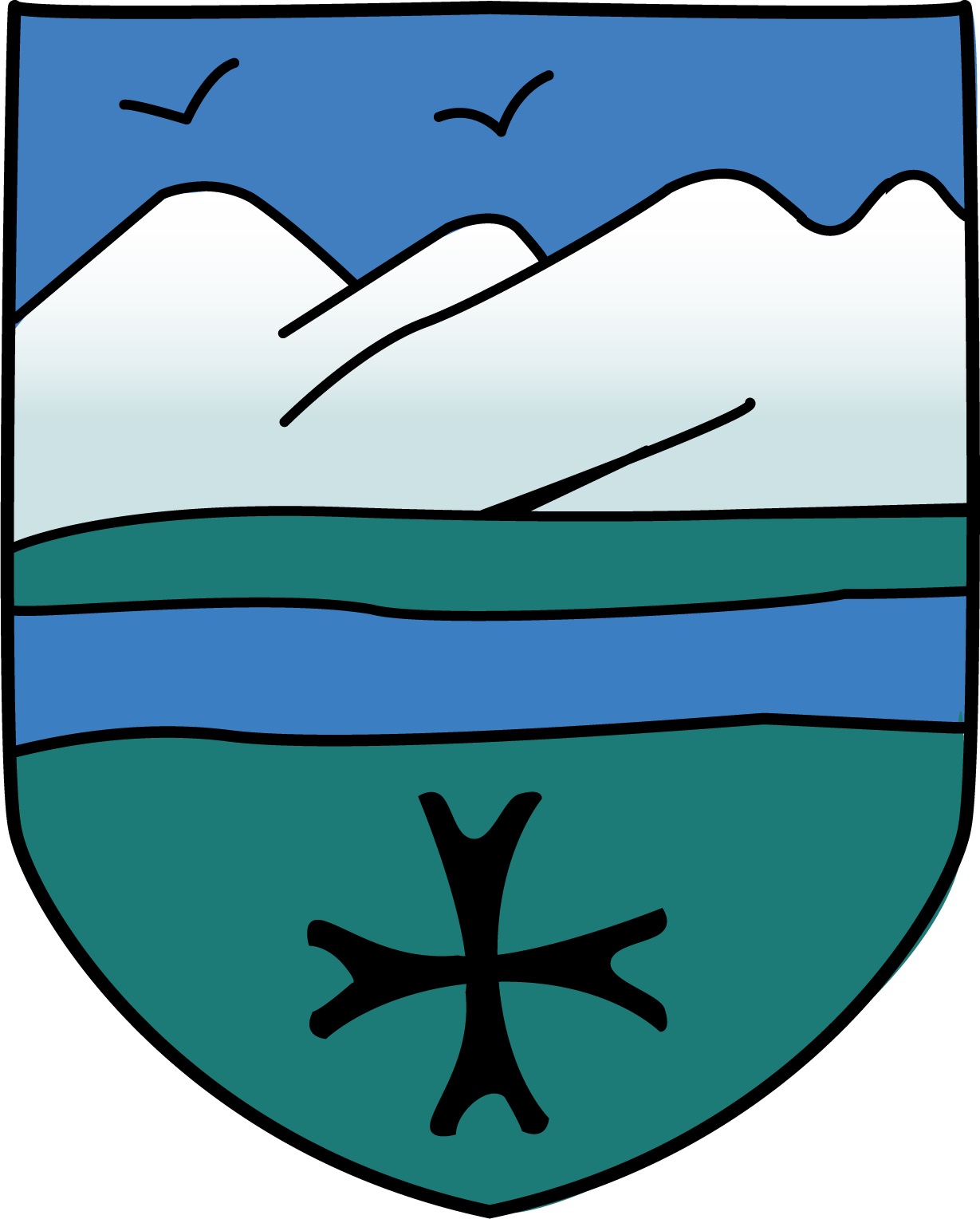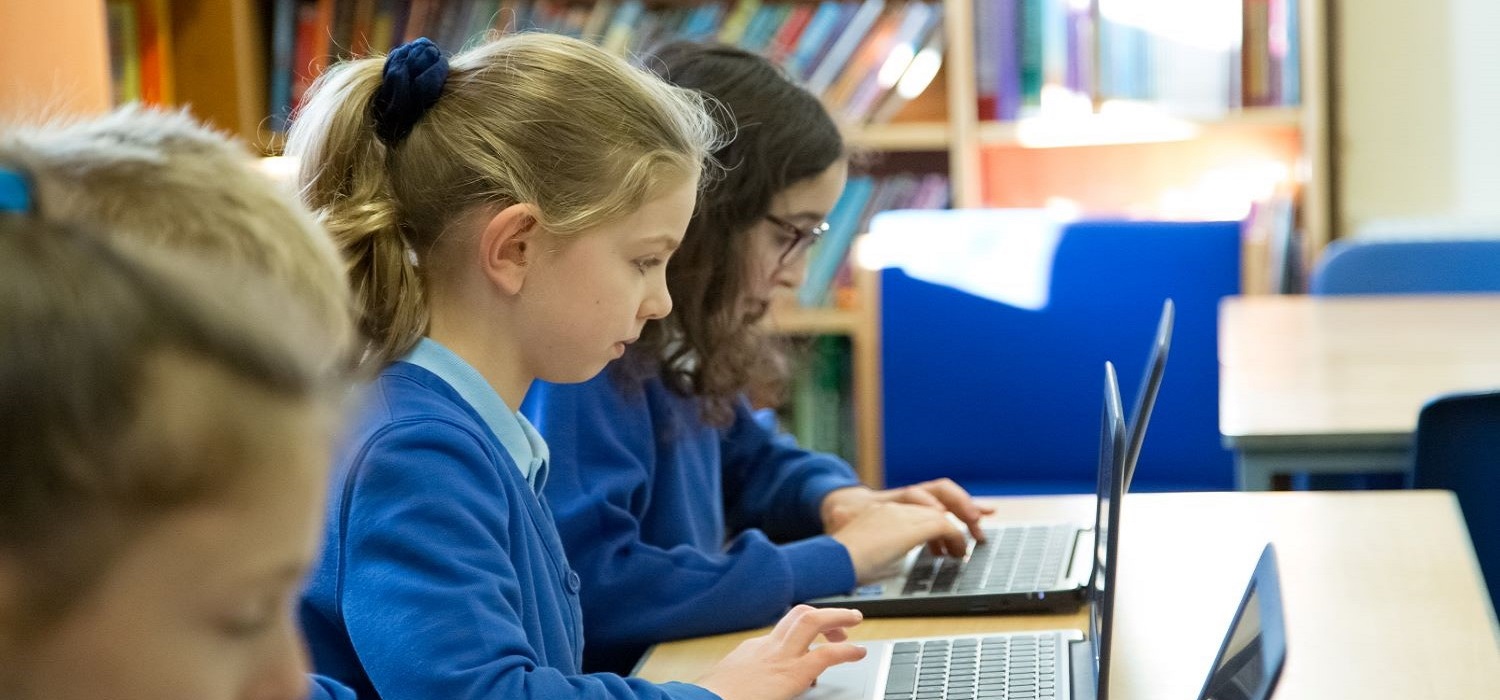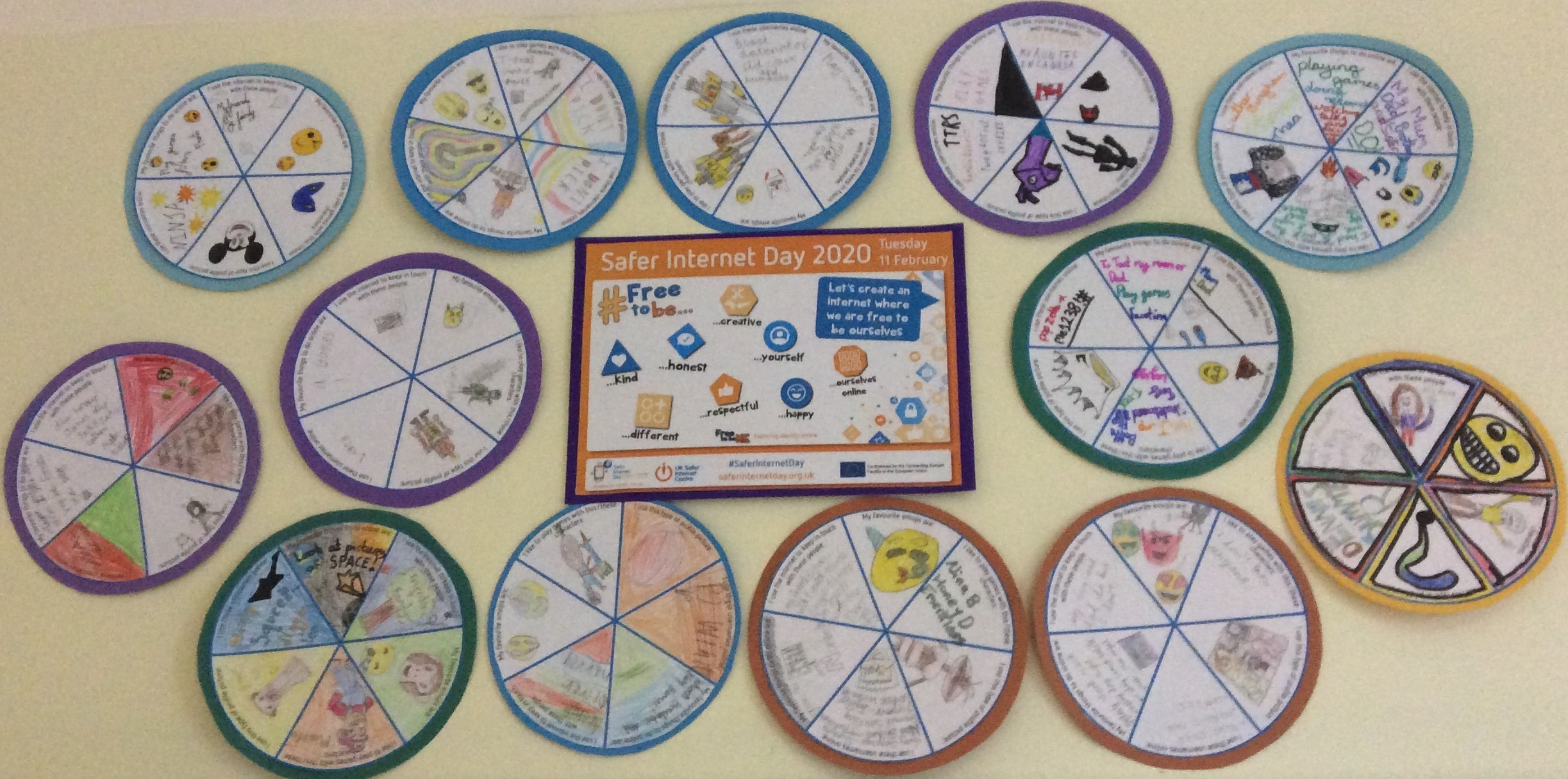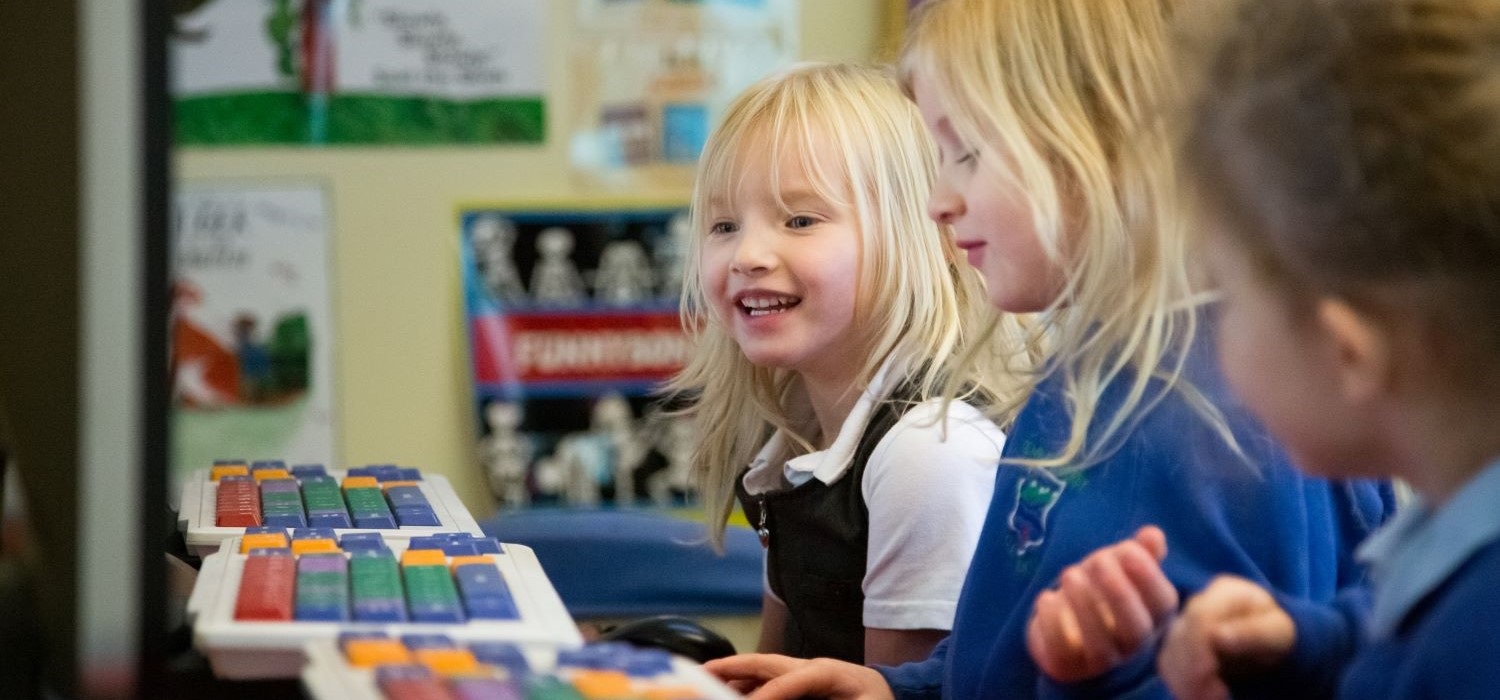Computing
Subject Leader: Mr Laithwaite
Intent
Computers are now part of everyday life. For most of us, technology is essential to our lives, at home and at work. ‘Computational thinking’ is a skill children must be taught if they are to be ready for the workplace and able to participate effectively in this digital world.
At Temple Sowerby CE School, we want to provide our children with the foundational skills, knowledge and understanding of computing they will need for the rest of their lives. Through our Computing curriculum, they will learn how computers and computer systems work, they will design and build programs, develop their ideas using technology and create a range of content.
We aim to use Computing as a tool to enhance learning throughout the curriculum, to equip pupils with the confidence and capability to use Computing throughout their later life and ensure they have an understanding of how to use Computing safely and responsibly.
The core of computing is computer science, in which pupils are taught the principles of information and computation, how digital systems work and how to put this knowledge to use through programming. Building on this knowledge and understanding, pupils are equipped to use information technology to create programs, systems and a range of content. Computing also ensures that pupils become digitally literate– able to use, and express themselves and develop their ideas through, information and communication technology – at a level suitable for the future workplace and as active participants in a digital world.
Implementation
At Temple Sowerby CE Primary School, Computing is taught discretely in mixed-age classes, supplemented by opportunities for cross-curricular learning, such as in Maths, English, Design Technology and RHSE.
Each school year begins with an online safety unit, reflecting the increasing importance of this key area for children. This focus on safety is then revisited throughout the year, such as through Safer Internet Day and as part of a programme of visits from our local Police Community Support Officer. Subsequent units throughout each year ensure children learn about computing systems and networks, programming, creating media and data handling. There are also ‘Skills Showcase’ units which give children the opportunity to combine and apply skills and knowledge gained, from a range of the five key areas above, to produce a specific outcome.
To enable pupils to access the Computing curriculum, we have enough Chromebook computers for each child to use their own, a set of Ipads (used primarily for research) and we also use the Google Classroom learning platform.
Impact
By the end of Key Stage 1, children will understand what algorithms are and also be able to create and debug simple programs of their own. They should be developing logical reasoning skills and use devices to create, organise, store, manipulate and retrieve digital content. Children should recognise where technology is used outside of school and understand how to keep themselves safe online.
By the end of Key Stage 2, children will be able to create and debug more complicated programs with specific goals and understand concepts including variables and sequence, selection, and repetition in programs. They should have developed their logical reasoning skills and learned how to use websites and other internet services. Children should have a better understanding of using devices for collecting, analysing and presenting back data and information and be able to select use and combine a variety of software. They should be able to use technology in a safe, respectful and responsible way and understand how to stay safe online and how to report concerns about content and contact.
For further details of how Computing is taught at Temple Sowerby CE Primary School, including our long-term planning and progression documents, please see below. You can also see our long-term plan and how this meets the requirements of the National Curriculum at our Curriculum Design page.



